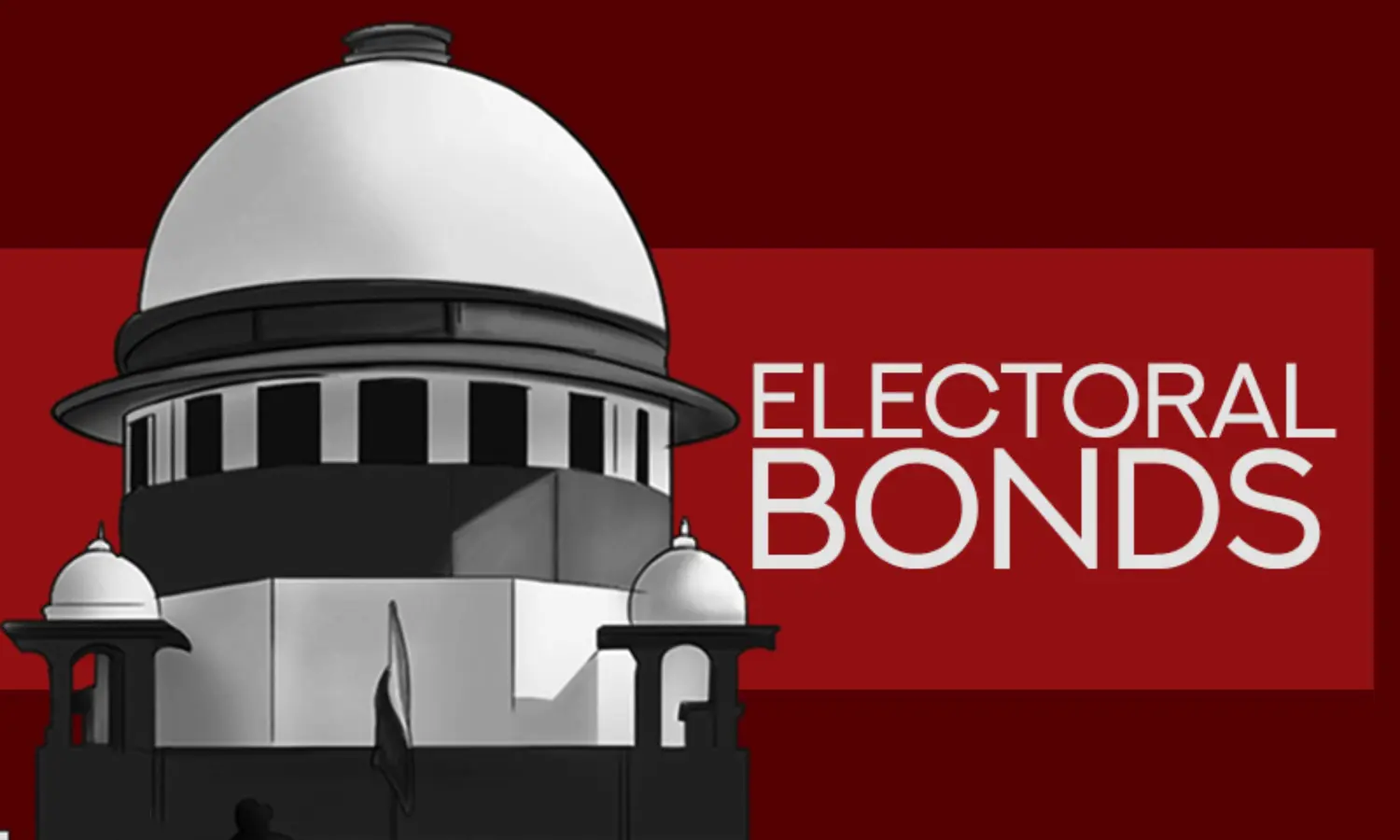Supreme Court Refers Electoral Bond Case to 5-Judge Constitution Bench
In a significant development, the Supreme Court of India has referred the Electoral Bond case to a 5-judge Constitution Bench, marking a crucial step in the ongoing legal battle surrounding political funding through electoral bonds. This move has far-reaching implications for various government exams, including those for teachers, police officers, banking professionals, railway positions, defense roles, and civil services, such as from PSCS to IAS.

Why this News is Important
Importance of the Case: The referral of the Electoral Bond case to a Constitution Bench is a matter of immense importance. The case revolves around the issue of transparency and accountability in political funding, a topic often tested in civil service examinations. It directly affects the electoral process, political parties, and their financial dealings.
Impact on Aspirants: For aspirants preparing for government exams, this development highlights the importance of staying updated on current affairs. Questions related to electoral bonds, their purpose, and their implications are common in various competitive exams. Understanding this case is crucial for candidates aspiring to hold positions in government and public administration.
Historical Context
The controversy surrounding electoral bonds began in 2018 when the Indian government introduced these instruments for political donations. Electoral bonds were introduced with the aim of making political funding more transparent, but they have faced criticism for potentially compromising the anonymity of donors and affecting the impartiality of elections.
Key Takeaways from the News
| Serial Number | Key Takeaway |
|---|---|
| 1. | The Supreme Court’s decision to refer the Electoral Bond case to a Constitution Bench signifies the significance of the matter. |
| 2. | This case has critical implications for transparency in political funding, a topic often tested in government exams. |
| 3. | Aspirants preparing for civil services and other government positions should closely follow the developments in this case. |
| 4. | Understanding the historical context of electoral bonds is essential to grasp the nuances of the issue. |
| 5. | Stay updated on current affairs related to political funding and electoral reforms for a competitive edge in government exams. |
Important FAQs for Students from this News
Q1: What are electoral bonds?
A1: Electoral bonds are financial instruments that can be used by individuals and corporations to make donations to political parties in India.
Q2: Why is the Supreme Court referring the Electoral Bond case to a Constitution Bench?
A2: The Supreme Court is referring the case to address critical legal questions and ensure a comprehensive examination of the matter due to its significance.
Q3: How do electoral bonds impact political transparency?
A3: Electoral bonds have raised concerns about transparency in political funding, as they may potentially compromise the anonymity of donors.
Q4: Why is understanding the historical context important for aspirants preparing for government exams?
A4: Understanding the historical context is crucial as it provides insights into the reasons behind the introduction of electoral bonds and the controversies surrounding them.
Q5: How can candidates preparing for government exams stay updated on this issue?
A5: Candidates can stay updated by regularly following news sources, official announcements, and reputable current affairs resources.
Some Important Current Affairs Links

















